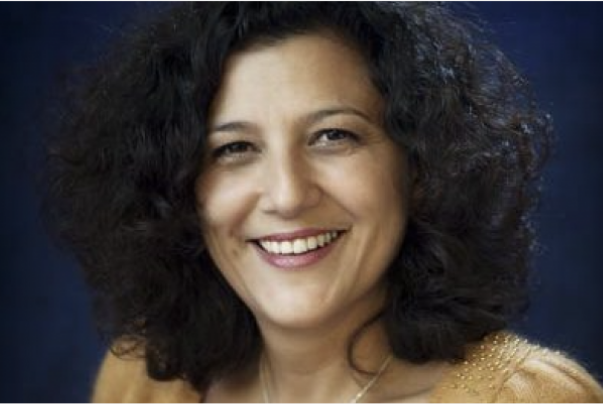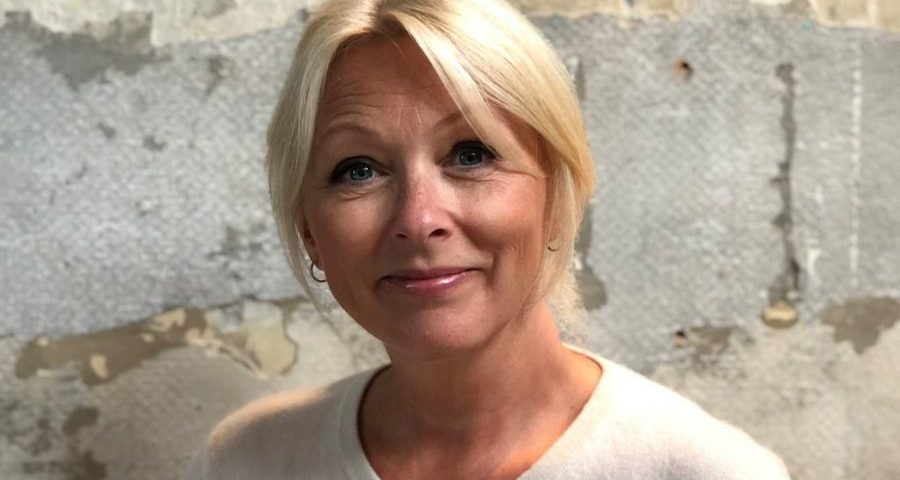
Patrick Gibbels: Will the EU call time on telephone fundraising?
June 9, 2021
Interview with Yaële Aferiat: Growing a small fundraisers’ club to a professional body – 30 years of the AFF
July 7, 2021With a new strategy in place for the Norwegian fundraising association (Norges Innsamlingsråd), we interview the association’s secretary general Siri Nodland about how the organisation is adapting to meet the needs of today’s Norwegian fundraising community.
[Fundraising Europe] Charity fundraising has changed significantly in light of the pandemic, how has this influenced your work and the role of the association?
[Siri Nodland] The pandemic has prompted huge amounts of change in what we do and, despite the challenges, that’s been really positive for us. We’ve become so much more digital very quickly and that’s meant we could do more, running over 40 training courses in 2020 alone – far more than we have ever delivered before.
In many ways, 2020 has brought us closer to our members. We have had more regular dialogue and membership surveys, helping us deliver what they need from us, and that’s so important for us. We really see ourselves as a cooperative, set up by our members and working with them to develop guidance, training programmes, committees, peer support and whatever they need to help advance fundraising.
But the past year has also exposed a considerable challenge for the fundraising community; there is too little understanding by government about the sector’s need for funds. The Norwegian Government takes real pride in what the country’s NGOs and charities do, and yet they allocated no funding to help the sector survive the loss of income during the pandemic. The only exception has been health charities and sports organisations. We’re also lacking specific legislation for fundraising in Norway, beyond our own best practice standards and the Norwegian Control Committee, which runs what is in effect a blacklist for fundraising organisations that fail to uphold those standards.
You’ve recently announced a new strategy and brand name for the Norwegian fundraising association. How will this help you to address these challenges?
Our new strategy still very much focuses on delivering hands on support to meet members’ needs – building fundraising competence, developing insight and interaction – but there’s now an increased emphasis on lobbying. Going forward, we’re working to build closer relationships with decision-makers in government. We aim to deepen understanding of how charities work and what actions government can take to better support the sector.
As part of this shift, this Autumn we’ll be changing our name from Norges Innsamlingsråd (which translates as the Norwegian Collection Council) to Fundraising Norway. This will convey that we are the professional body for fundraising, and also that fundraising is about far more than just collecting money. It’s a growing profession and a vital bank of knowledge for charities that enables social change.
Of course, we can’t do all this alone. Collaboration will always be really important to us. We’re currently setting up partnerships with two universities to develop professional qualifications for fundraisers in Norway (a Bachelor’s and Master’s course). We’re also working with the creative arts industries, sharing insight with them about building loyal supporter groups.
Thinking back over the past couple of years, what have been the most prominent changes for fundraising then and now?
Certainly, digital fundraising has become even more important to our members, but so too has direct mail and telemarketing, with charities increasing their focus on existing donors and wanting to maintain those relationships.
We were really concerned as to how face-to-face fundraising would emerge from the pandemic – it plays such a crucial role in donor recruitment here in Norway. But there was such an appetite from our members to ensure that the channel was re-introduced safely and it’s actually come back far stronger. Our members set up a committee, led by our vice chair, and agreed some new principles for how to work in face-to-face during the pandemic, and that’s been transformational!
The group continues to meet regularly, tracking the response from the public and sharing insights. There have only been two complaints about face-to-face in all that time and they’ve been handled really well. Now we’re looking at what other areas of fundraising might benefit from this approach.
What are the biggest challenges now as the sector strives to build back?
Many charities are facing a shortage of funds. They’ve had to cut back on budget and staff, and it will be incredibly difficult for them to afford to maintain the level of work they have done in the past. Plus, there are concerns about donor fatigue. At the same time, the public is used to a certain degree of deliverance from us. We have a welfare state that relies on both government and the voluntary sector, but after one to two years of the pandemic, there is bound to be a slight decrease in what the sector can deliver. There is some recovering to do and we just don’t know how much this will impact the Norwegian society just yet.
The past year has shown how well we can work in a crisis. We are a sector that identifies a problem, comes up with a solution and finds a way to fund it. That’s something that we are really proud of. The challenge now is to ensure that government truly understands our role and how important fundraising is. That includes marrying up our work to the UN Sustainability Goals so that we are invited to participate in relevant discussions, which extend far beyond environmental issues.
It’s an exciting and challenging time for fundraising in Norway. Ultimately, we’re here to help support our members adapt. In a fast-changing landscape, it’s all the more important that we continue to listen to what they need, learn and evolve.
About Siri Nodland
Siri is Secretary General of Norges Innsamlingsråd and a board member of the European Fundraising Association.




